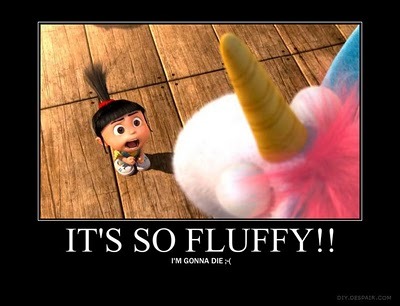It's not fruitful to consider Universal's new Simpsons area and MK's Storybook Circus as though they exist in a vacuum. If you did, then the two areas are fairly comparable. Each represents a modest plussing of an existing area. Each adds a new spinner (although it's arguable whether a second, virtually identical Dumbo is really "new" or not), as well as new retail/food venues and area decoration. Which one is subjectively better would largely turn on extrinsic factors like a guest's age and other background characteristics.
But these themed areas are not hypothetical designs that can be assessed solely by how compelling they appear on paper. The extent to which each is successful has to be considered in the context of the parks/resorts they're in, and the degree to which they contribute (or fail to contribute) to the positive trajectory of those parks/resorts.
The Simpsons area is a very small part of a very large and ambitious expansion at Universal that comprises countless additions over the span of many years. In stark contrast, Storybook Circus is a relatively large part of a geographically expansive but creatively modest addition to WDW -- a resort that has not had a unique, ambitious, and wholly original attraction in a very long time.
More tellingly, Storybook Circus has been met largely by indifference (if not a complete lack of awareness) outside of the Disney fan community. The Simpsons area, however, has generated considerable buzz -- not just from diehard Simpsons fans, but among a general public that's increasingly aware that it is but one small facet of a multi-year, multi-park expansion plan that's occurring at the resort that also brought the world that cool Harry Potter stuff just a few years ago.
It can be difficult, ex ante, to discern what kinds of additions will generate excitement among parkgoers and the general public -- what sorts of attractions and theming will ultimately pay tremendous, ongoing dividends in the long term.
However, it is something that top-level theme park executives (especially ones who are paid through the nose) need to be able to do, and do successfully. Based on the respective trajectories of WDW and the Universal Orlando resort, one can only hope that the execs at TDO have more success doing so going forward than they have had in the recent past.
But these themed areas are not hypothetical designs that can be assessed solely by how compelling they appear on paper. The extent to which each is successful has to be considered in the context of the parks/resorts they're in, and the degree to which they contribute (or fail to contribute) to the positive trajectory of those parks/resorts.
The Simpsons area is a very small part of a very large and ambitious expansion at Universal that comprises countless additions over the span of many years. In stark contrast, Storybook Circus is a relatively large part of a geographically expansive but creatively modest addition to WDW -- a resort that has not had a unique, ambitious, and wholly original attraction in a very long time.
More tellingly, Storybook Circus has been met largely by indifference (if not a complete lack of awareness) outside of the Disney fan community. The Simpsons area, however, has generated considerable buzz -- not just from diehard Simpsons fans, but among a general public that's increasingly aware that it is but one small facet of a multi-year, multi-park expansion plan that's occurring at the resort that also brought the world that cool Harry Potter stuff just a few years ago.
It can be difficult, ex ante, to discern what kinds of additions will generate excitement among parkgoers and the general public -- what sorts of attractions and theming will ultimately pay tremendous, ongoing dividends in the long term.
However, it is something that top-level theme park executives (especially ones who are paid through the nose) need to be able to do, and do successfully. Based on the respective trajectories of WDW and the Universal Orlando resort, one can only hope that the execs at TDO have more success doing so going forward than they have had in the recent past.




 What can I say unlike the 1st born they have taste. And Ive been stuck on IASW and that seemed like eternity.
What can I say unlike the 1st born they have taste. And Ive been stuck on IASW and that seemed like eternity.